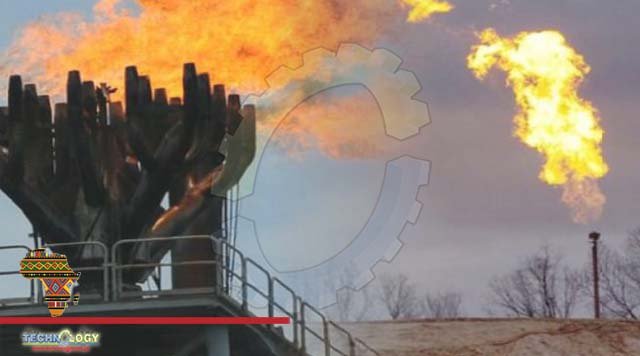Refining oil illegally is so lucrative in Nigeria that many engage in the practice despite the dangers and a government crackdown.

Illegal oil depots are common in the Niger Delta. But with new ones springing up regularly in the bushes, it’s difficult to estimate how many there are. Since the April explosion at an illegal bunkering site that killed more than 100 people, the Nigerian government has stepped up raids in the forests — destroying the illegal refineries and arresting anyone they catch. If found guilty, culprits could face life imprisonment. But security agents say cracking down on these refineries is a never-ending task. “Sometimes when we try and destroy most of these illegal refineries that you see in the creeks, they will still go back to fix it back, we will still go back to destroy it,” Solomon Diri-Ogbere, the spokesperson for Nigeria Security and Civil Defense Corps, Bayelsa State, told DW. Nigerian security agencies agree that completely wiping out illegal refineries is impossible. Unregistered refinery operators have a thriving business because of the substantial local demand for their products. For example, most people in the Niger Delta use kerosene for cooking. Although Nigeria has three state-owned refineries, none of them is functioning. As a result, Africa’s biggest oil producer exports oil in its raw form and imports refined petroleum products from other countries — a system that activists like Morris Alagoa argue has been sustained for decades because of corruption.
Source: This news is originally published by africa